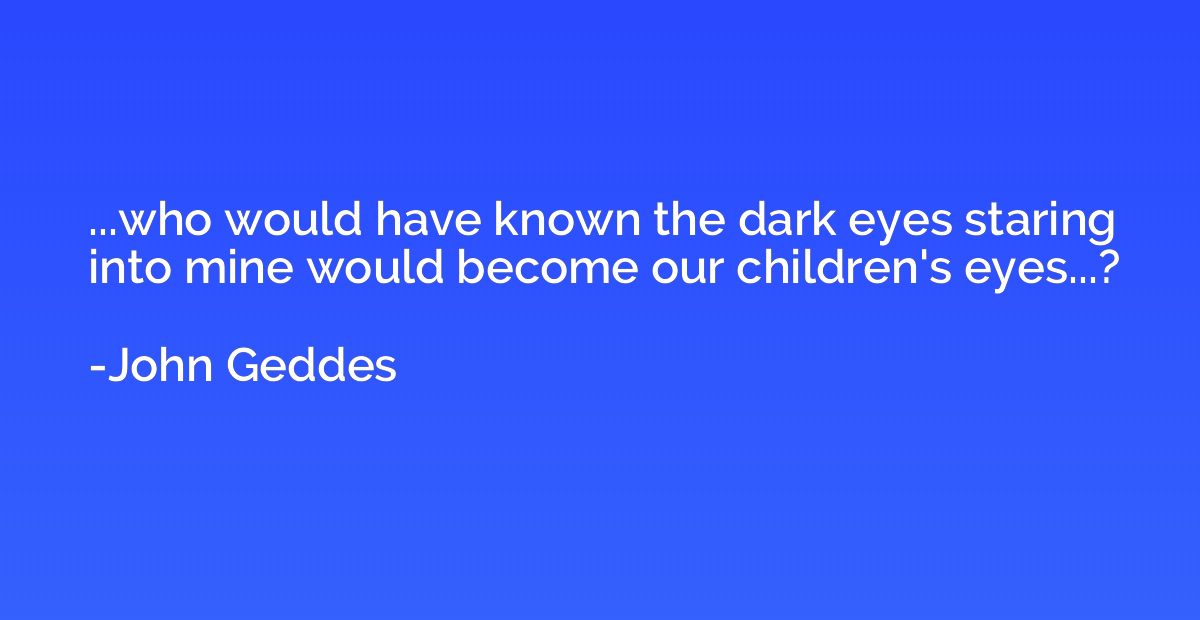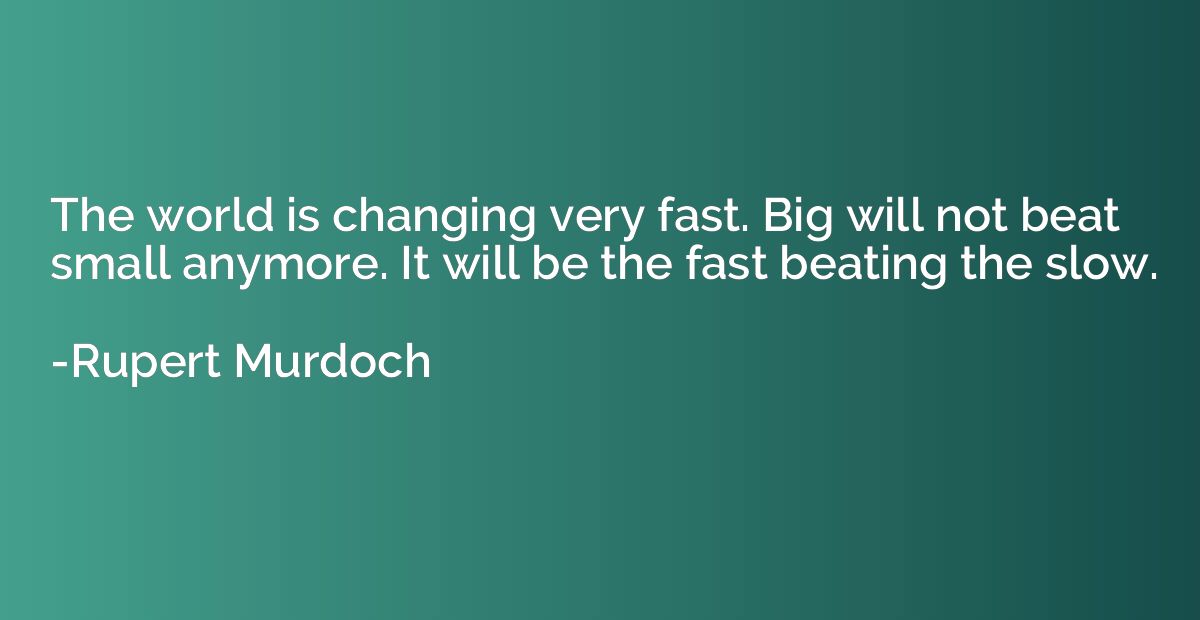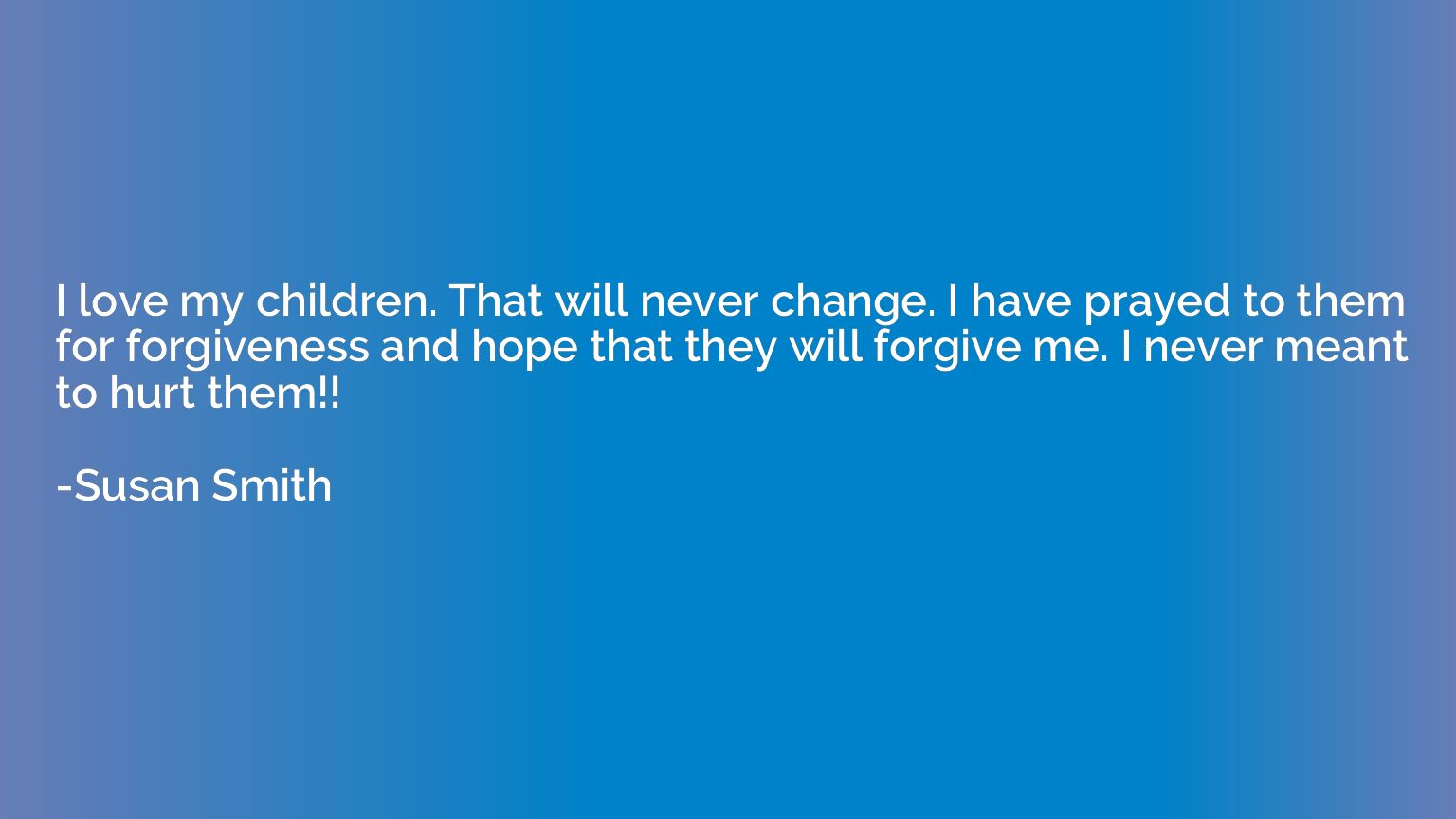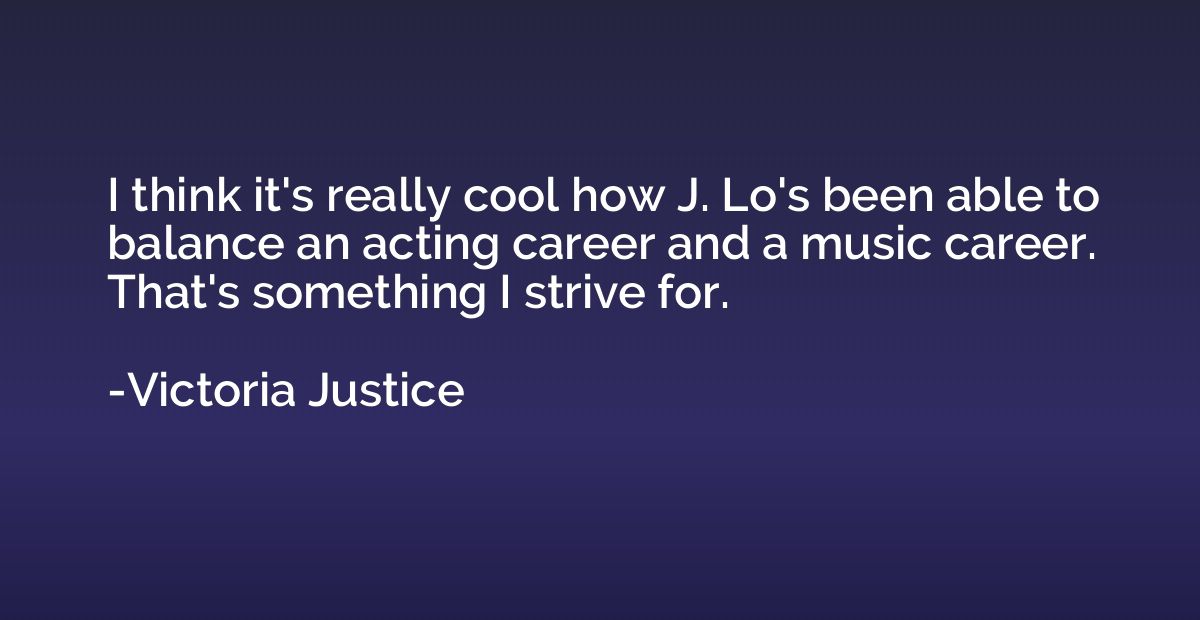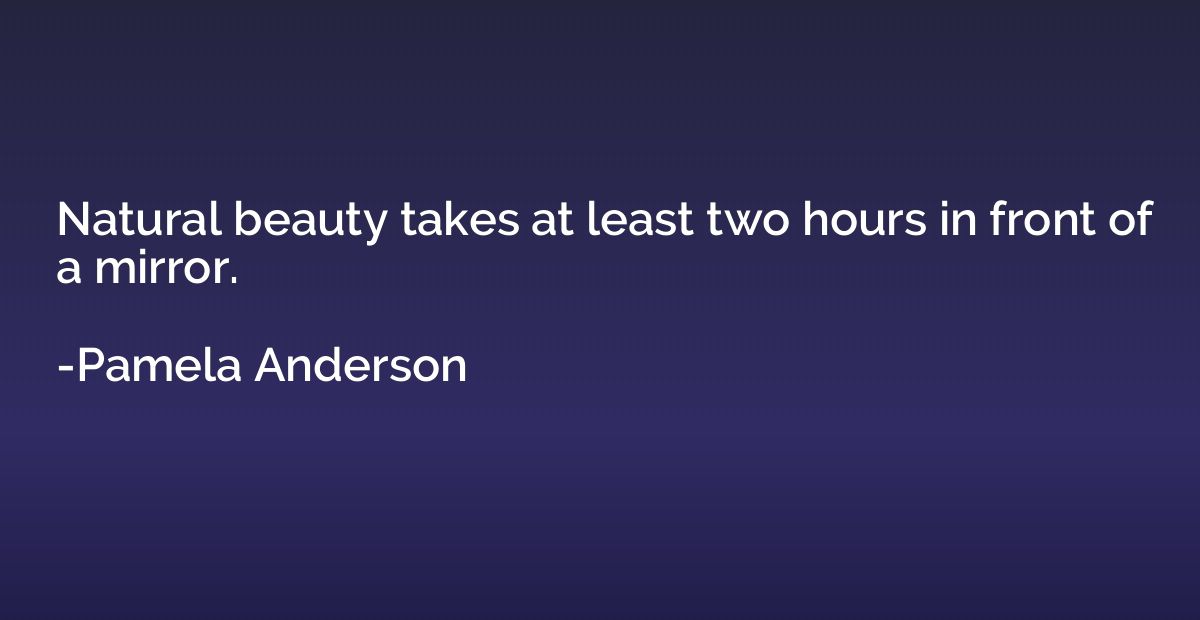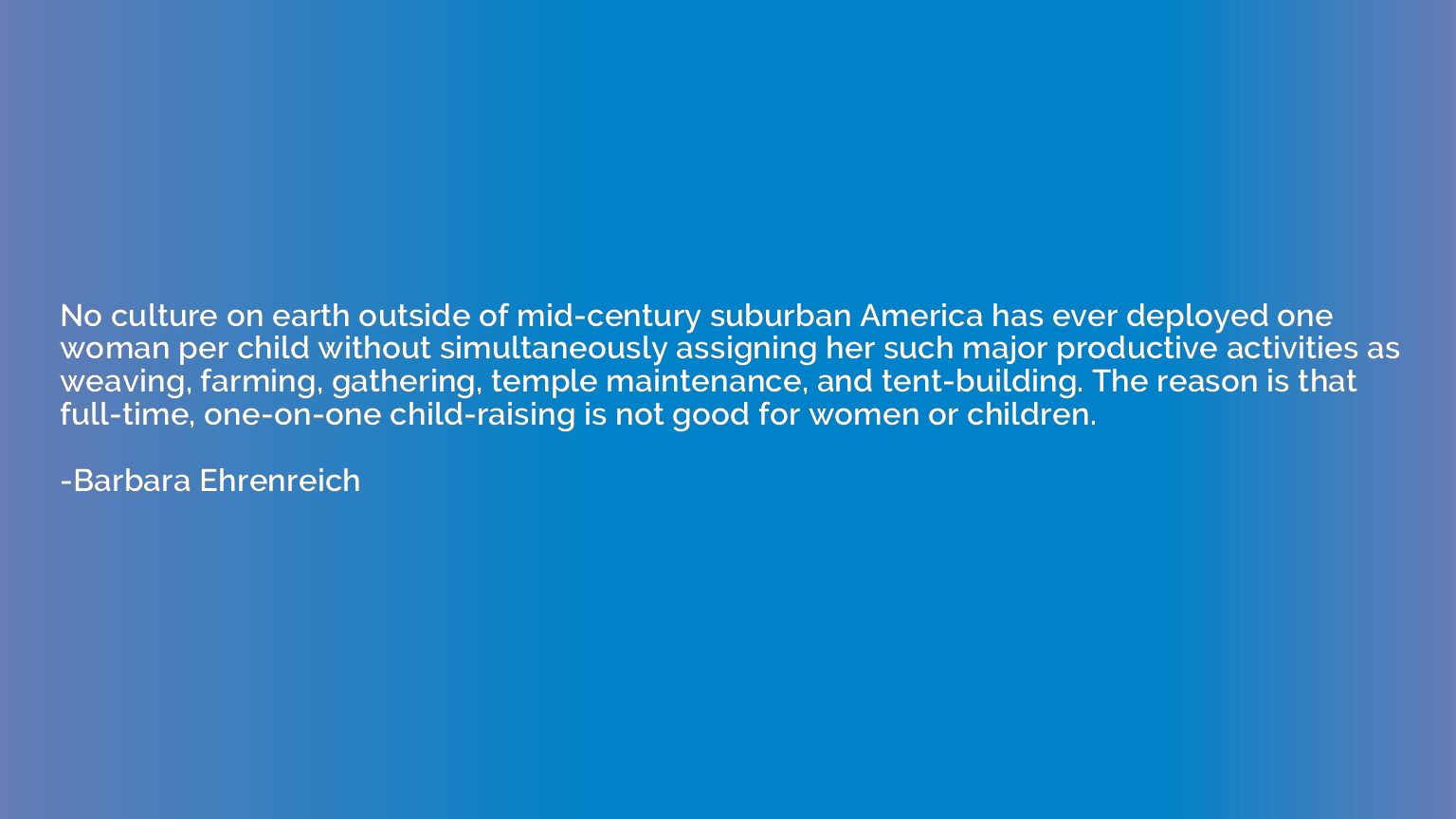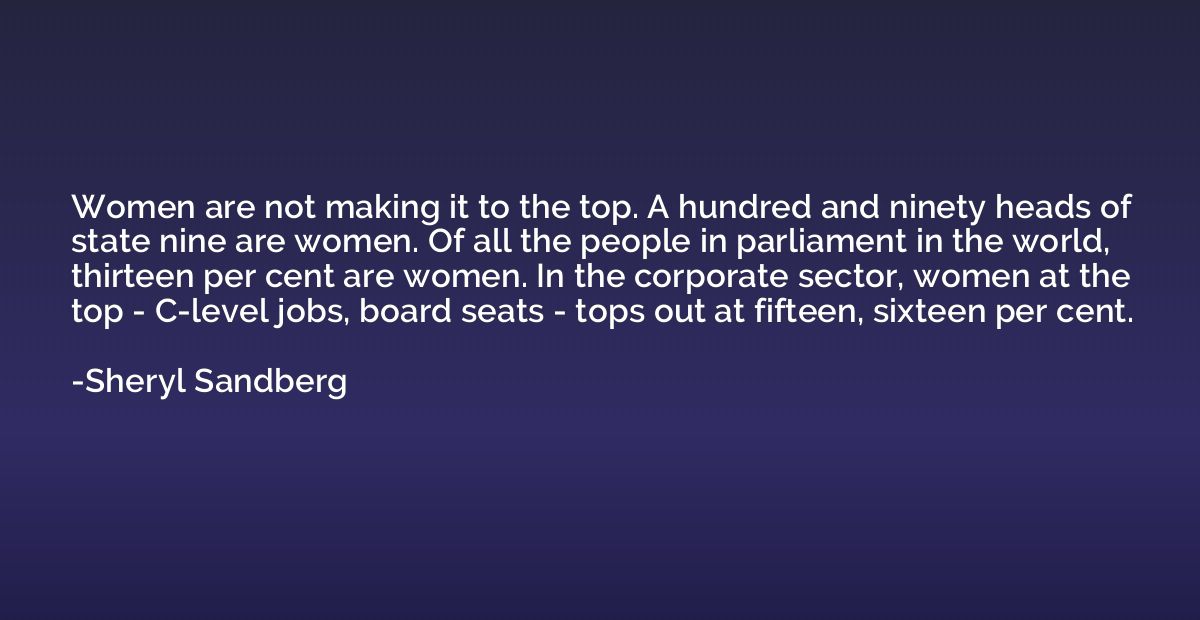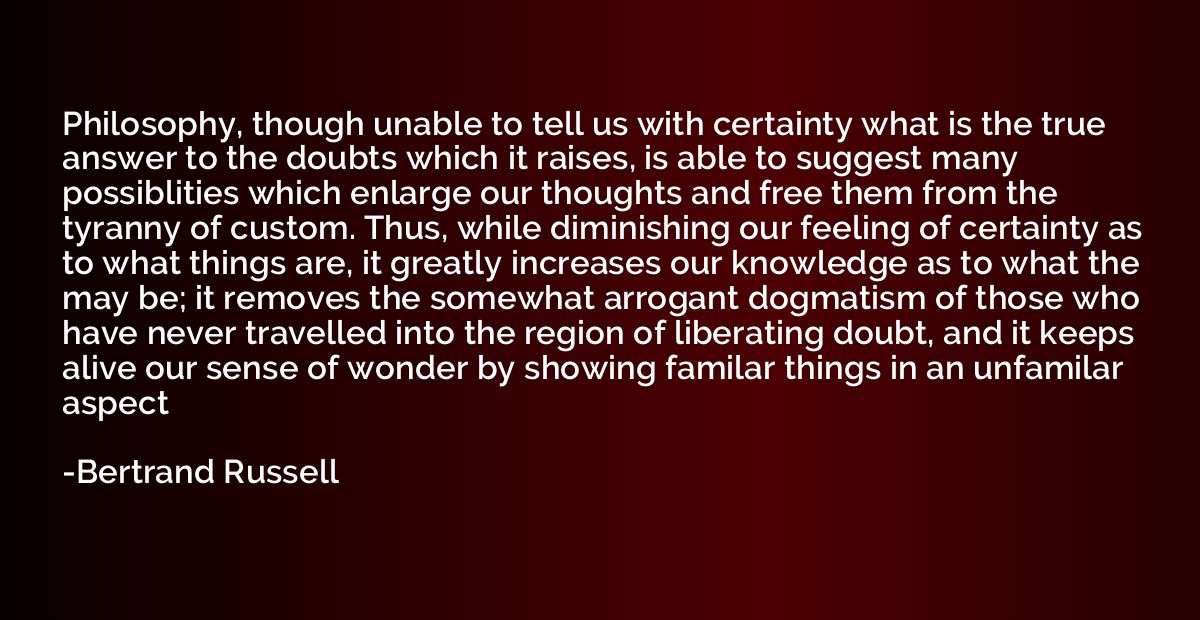Quote by Lord (George Gordon) Byron
My great comfort is, that the temporary celebrity I have wrung from the world has been in the very teeth of all opinions and prejudices. I have flattered no ruling powers; I have never concealed a single thought that tempted me.
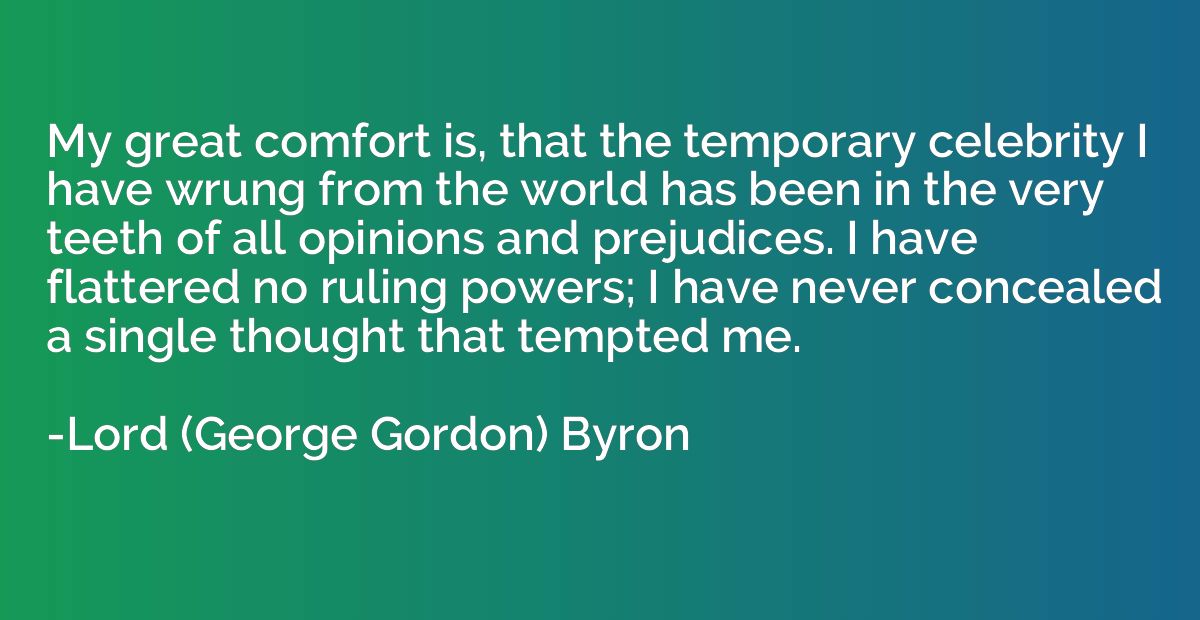
Summary
This quote expresses the speaker's reassurance and contentment in the fact that the recognition and famousness they have achieved goes against the prevailing beliefs and biases of society. They take pride in not seeking favor from those in authority, and in openly expressing all of their thoughts and opinions without holding back. The quote suggests a sense of honesty, integrity, and resistance to conformity, as well as finding solace in breaking away from the expectations and pressures of the world.



